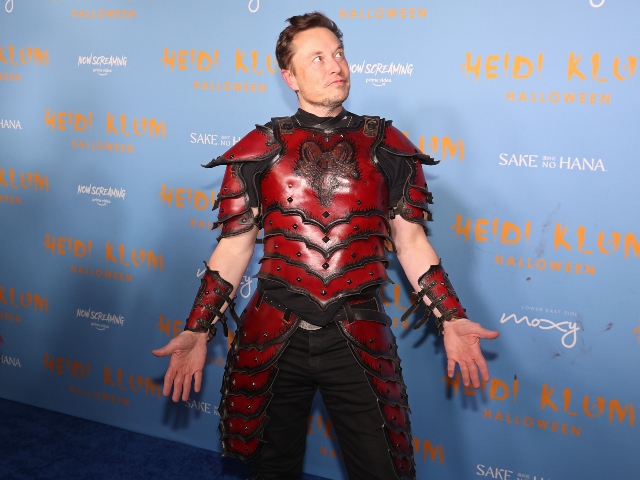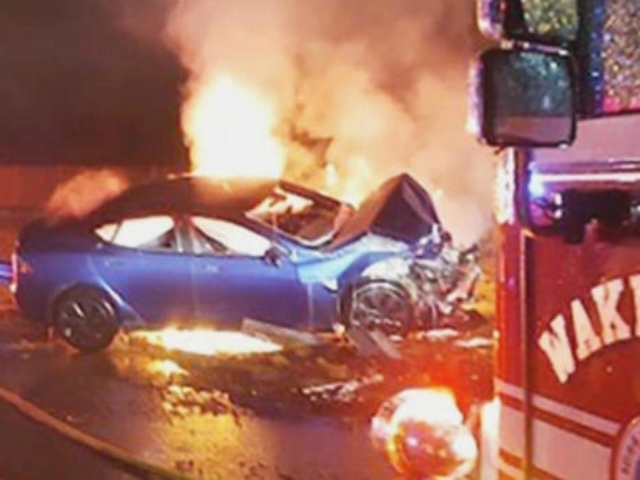A recent investigation has revealed that Elon Musk’s Tesla, the leading electric vehicle manufacturer, established a “Diversion Team” to suppress and deflect complaints about the driving range of its vehicles, which often fall short of the company’s advertised estimates.
A recent investigation by Reuters claims that Tesla has established a “Diversion Team” to manage complaints about the driving range of its vehicles, which often falls short of the company’s advertised estimates.
Driving range is a critical factor for consumers considering an electric vehicle. Tesla, a pioneer in the EV industry, has been facing a wave of complaints regarding the driving range of its vehicles. The company’s response to this issue has reportedly been to create a “Diversion Team” to handle and divert these complaints.
Alexandre Ponsin, a Tesla owner, shared his experience with the company’s service. After purchasing a used 2021 Model 3, Ponsin embarked on a family road trip from Colorado to California. He expected to get close to the advertised driving range of 353 miles on a fully charged battery. However, he soon realized that he was sometimes getting less than half that range, particularly in cold weather. “We’re looking at the range, and you literally see the number decrease in front of your eyes,” Ponsin said.
When Ponsin booked a service appointment with Tesla, he received two text messages informing him that remote diagnostics had found his battery to be fine and that the company wanted to cancel his visit. Unbeknownst to him, Tesla employees had been instructed to thwart any customers complaining about poor driving range from bringing their vehicles in for service.
The Diversion Team was reportedly created to manage the influx of service appointments from owners who were disappointed with the performance of their vehicles. Inside the Nevada team’s office, employees celebrated canceling service appointments, often closing hundreds of cases a week.
However, the issue wasn’t just about service appointments. The investigation also revealed that Tesla had been exaggerating its vehicles’ potential driving distance by manipulating their range-estimating software. This was done to show drivers optimistic projections of the distance their vehicles could travel on a full battery. The directive to present these optimistic range estimates reportedly came from Elon Musk himself.
Tesla’s exaggeration of its vehicles’ driving range has not gone unnoticed by regulators. Earlier this year, South Korean regulators fined Tesla for falsely advertising the driving range of its vehicles, failing to disclose that cold weather could greatly reduce the range.
Despite his experience, Ponsin remains a Tesla fan. However, he believes that Tesla should be more transparent about the variation in range, especially in cold weather. “I do love my Tesla,” Ponsin said. “But I have just tempered my expectation of what it can do in certain conditions.”
Breitbart News has reported extensively on the poor performance of Tesla cars in winter conditions. In January Breitbart reported on siblings who were forced to charge a Tesla six times in a single day to handle their driving:
“We ended up having to stop every one to one and a half hours to charge for an hour, then an hour and a half, then two hours,” Xavier told the outlet.
“So beyond the lost time, it also got to the point it was between $25 and $30 to recharge. Just in one day, we stopped six times to charge at that cost,” he added.
When the siblings called Hertz to complain about the issues they were experiencing, the agent told them that all their calls that day were Tesla complaints.
In a statement to Insider, Hertz acknowledged that the cold weather was possibly a contributing factor to the battery draining faster than usual.
Read more at Reuters here.
Lucas Nolan is a reporter for Breitbart News covering issues of free speech and online censorship. Follow him on Twitter @LucasNolan




